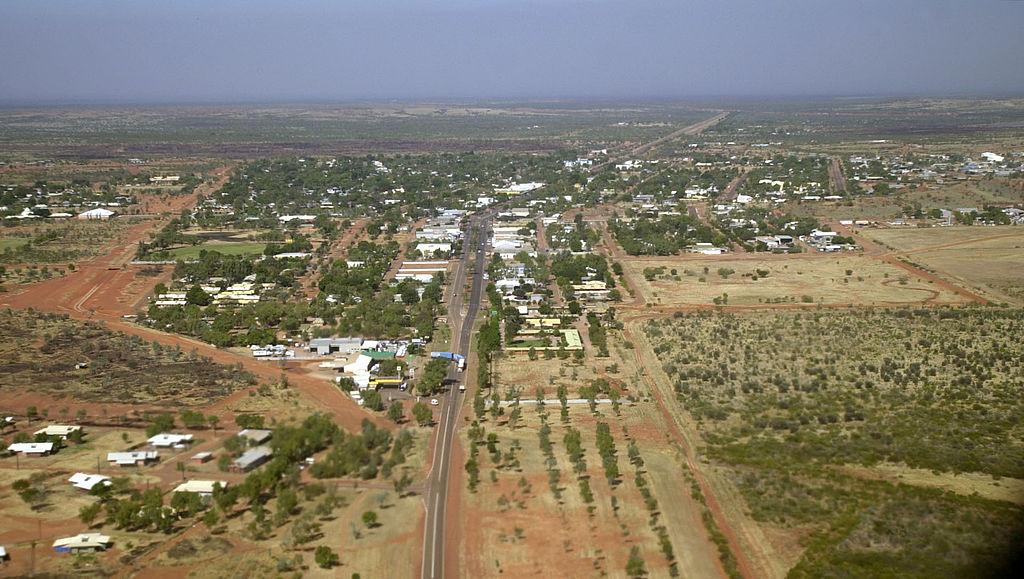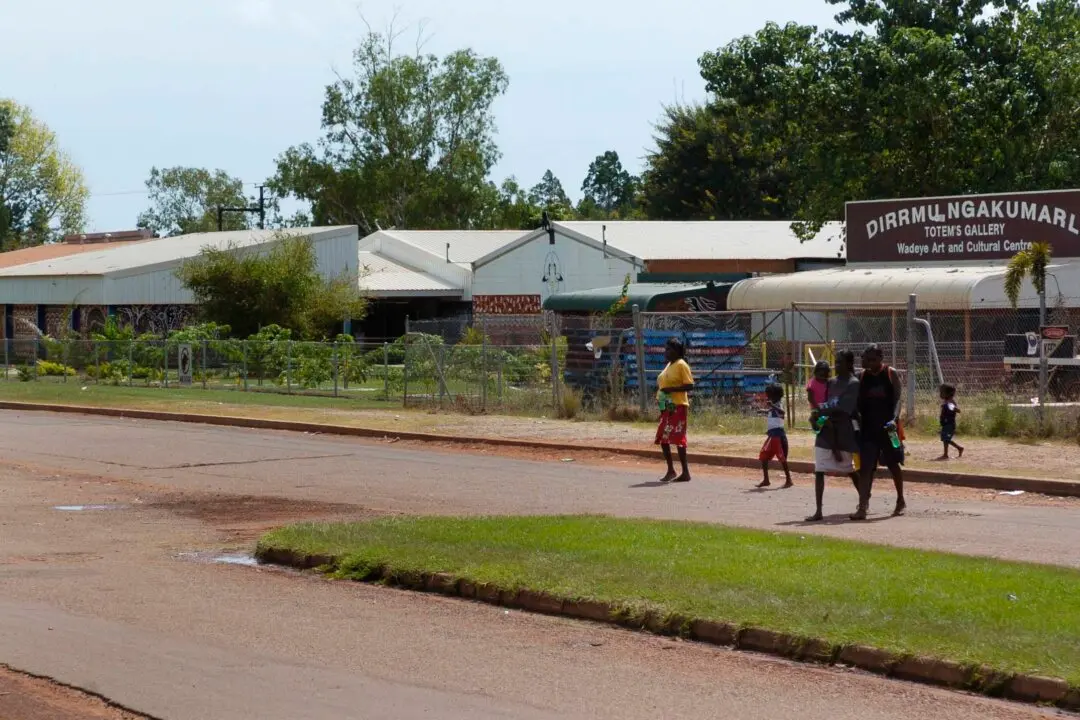The Northern Territory government has cancelled almost $70 million (US448.8 million) in rental debt for remote Indigenous communities amid allegations the housing is not up to scratch.
Treasurer Eva Lawler, in late June, scrapped the debt following court action by Aboriginal residents at Laramba and Santa Teresa in central Australia, near Alice Springs, not-for-profit litigators Grata Fund says.





